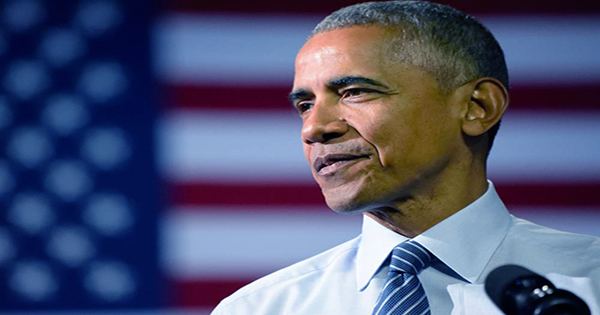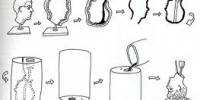Jovenel Mouss, shot in front of his family this week, made four scandal-ridden enemies and a few friends as president of Haiti. So many enemies that when a group of tenants, who were present as agents of the U.S. Drug Enforcement Administration (DEA), jumped into the president’s private villa early Wednesday morning, it wasn’t entirely clear which side his bodyguards were on. . Haitian authorities have since ordered an inquiry into his security breach.
Witness videos circulated on the Internet showed the killers arriving home in the dark in a convoy of slow-moving vehicles. Some of the show’s attackers walked through the branding of submarine guns and shouted in English, “DEA operation” and “Don’t shoot.” Once inside, the assassins repeatedly shot Moss and his wife, Martin. The president was beaten 12 times and his left eye came out, investigation magistrate Carl Henry Dustin told the Haitian newspaper Le Nouvelist. Martin survived the attack with serious injuries and was taken to Florida for treatment. Haitian authorities have paraded a member of a 28-member attack squad in front of the media for allegedly assassinating the president.
The attack provoked international condemnation and Haiti, despite considerable violence in the country. “People are in a long way right now,” said a Port-au-Prince resident. “Whether you love Moss or hate him, it’s the same reaction: a deep state of shock.” Among the many unanswered questions were: who ordered the killings, why the bodyguards did not explicitly offer any resistance, and what will happen next in Haiti, which is already in deep crisis before the killings.
Although assassinations are common in Caribbean countries and mark the history of Haiti, no president has been assassinated since the overthrow of John Jill Wilbrunn Gilliam Sam in 1915. The killings sparked a 19-year occupation of Haiti by U.S. troops, but this time Washington’s response was different. White House Press Secretary Jane Sasaki announced Thursday that the presidential election for this year should continue.
In Haiti, authorities were quick to reveal the foreign identities of the president’s assassins. Police Chief Leon Charles said Thursday that two of the 28 people in the attacking squad were Colombians and two were Haitian-Americans. So far seventeen people have been arrested and at least three have been killed. Others are fleeing. It is not clear if the supposed professional squad failed to arrange a journey.
















